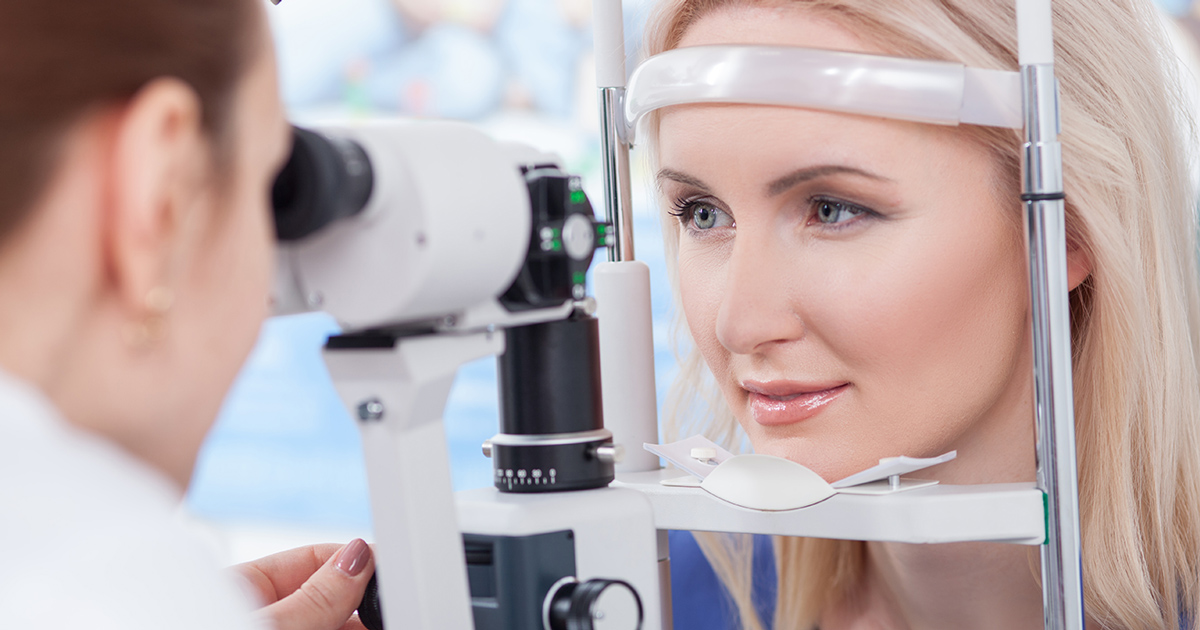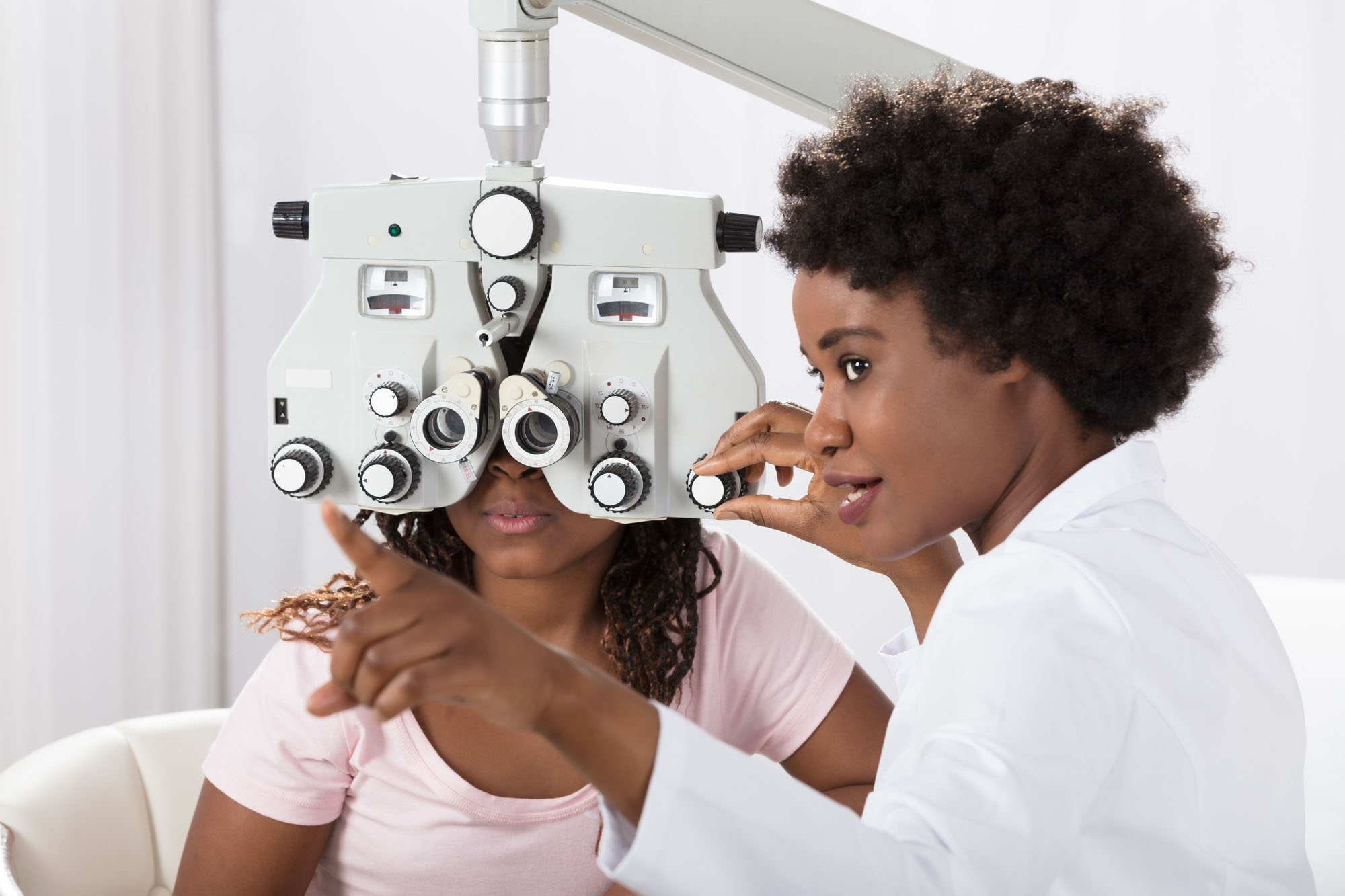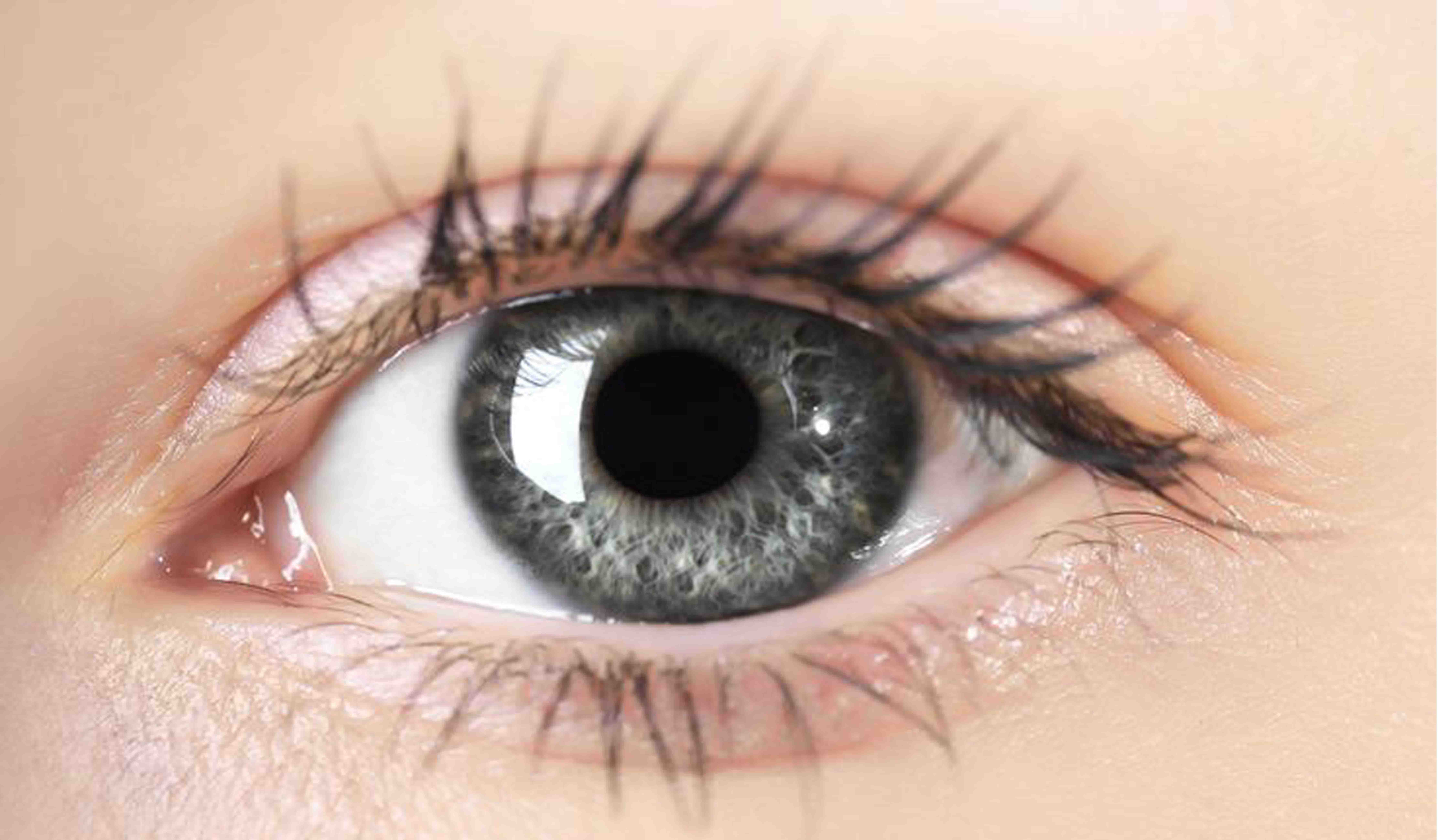It Might Be Time to Schedule an Eye Checkup
Having trouble seeing at night? Experiencing blurry vision or eye strain? Do you have to squint when you’re reading? These are all signs it might be time to visit an eye doctor. Check out these ten signs. It might be time to schedule an eye checkup.
Millions of Americans currently struggle with poor eye health, from visual impairments like myopia to eye diseases like glaucoma. You could be part of this group and not even know it! Vision changes typically come on so gradually that it’s hard to notice them.
Scheduling an appointment with an eye doctor can help you determine whether or not your eyes are as healthy as they could be. It’s essential to head to the doctor for an eye checkup if you’re experiencing any of the following symptoms.
Blurred Vision and Difficulty Focusing
If your vision is blurred or you have difficulty focusing, this is a significant sign that you need an eye checkup. This is especially true if your blurred vision has developed suddenly, comes and goes, or is limited to one eye. Some common conditions that cause blurred vision and hinder your ability to focus include:
- Macular degeneration;
- Astigmatism;
- Cataracts;
- Glaucoma.
You could also be suffering from a condition known as keratoconus. This condition occurs when you develop a cone-shaped bulge in the front of your eye. Keratoconus treatment typically involves special, rigid contact lenses or a corneal transplant.
Visual Disturbances
Visual disturbances usually show up as flashes of light, obstructed vision, or floaters. Floaters are floating spots in the field of vision. They are often caused by aging and may fade with time. However, if sudden flashes of light accompany floaters, this is more serious and can be a sign of a serious issue like a retinal detachment or a retinal tear.
Frequent Headaches
Many people who struggle with frequent headaches don’t realize that poor vision could be the culprit. The next time you get a headache before reaching for the ibuprofen, consider scheduling an eye exam to ensure the strain on your eyes isn’t causing your pain.
Eye Pain or Strain
It’s common to experience some eye pain from time to time, especially during allergy and cold, and flu season. But, if you experience ongoing aches or strain in your eyes, this could be a sign of an infection or vision change, both of which your eye doctor should be aware of.
Frequent Eye Infections
Suppose you’re constantly dealing with eye infections like conjunctivitis (also known as pink eye), blepharitis, eyelid cysts (also known as chalazion), or corneal ulcers (white spots on the cornea). In that case, you should see an eye specialist to figure out what’s going on.
This is especially important if you have children or live with roommates. Eye infections can spread very quickly, so getting them under control will keep those you live or come in contact with regularly safe from contamination.
Squinting
If you’re always squinting, you should talk to an eye doctor about getting glasses. Frequent squinting can contribute to eye strain and headaches, and it can cause premature wrinkles around your eyes — who wants to deal with that?
It’s especially important to address squinting when it’s accompanied by an eye turn or crossed eyes (a condition known as strabismus).
Sensitivity to Light
It’s actually a sign of health for your eyes to be slightly sensitive to the light, especially when you’re outside in the bright sun. But, if your eyes are extra sensitive to any type of light, you could suffer from an eye infection or a disorder like uveitis.
Uveitis occurs when the eye’s middle layer, where all the veins and arteries are located, becomes inflamed. Uveitis is also characterized by redness, blurred vision, pain, and irritation. This condition is usually caused by eye trauma, but infections and rheumatologic diseases can also contribute. An eye doctor can often treat uveitis with antibiotics or anti-inflammatory drops.
Persistent Redness
Persistent redness or red, vein-like shapes in the eyes can be a sign of diabetic retinopathy. This occurs when the blood vessels in the retina are damaged, usually as a result of chronically elevated blood sugar.
There are two types of diabetic retinopathy:
- Non-proliferative retinopathy: This is mild bleeding that causes the leakage of blood and/or serum in the retina;
- Proliferative retinopathy occurs when abnormal blood vessels grow on the retina and cause visual impairment.
Both of these conditions must be treated with either surgery or laser treatment.
Constant Fatigue
Poor eye health can also cause a feeling of whole-body fatigue. If you’re struggling to focus and are always tired, your eyes may be to blame. If you’ve controlled for other factors (minimizing stress, getting enough sleep, etc.), talk to your eye doctor to see what they think.
You Haven’t Been in Two or More Years
If it’s been more than two years since you last went to the eye doctor, you should schedule an appointment. Even if you feel fine and don’t think you’re experiencing any symptoms, getting vt1 vision screener checked out is still a good idea. Remember, you can prevent future eye problems by proactively ensuring everything is in good working order.
It’s also a good idea to check your eyes if it’s been a while and you will be traveling abroad. Your doctor can get you any supplies you may need and save you the trouble of doing it on your trip.
What to Expect During an Eye Checkup

After reading through these ten signs, have you decided that you do need an eye checkup? You might feel a little nervous if it’s been a while since your last checkup.
Eye checkups are usually pretty straightforward and usually only take about 20-30 minutes. If you need extra tests, they may take a bit longer, but a standard checkup is relatively short.
When you arrive at the doctor’s office, tell them about any issues you’ve been experiencing. The doctor will then perform an eye exam, which usually includes the following components:
- Looking at your eyes with an ophthalmoscope;
- Asking you to read letters on a chart;
- Photography of the interior and exterior of your eyes.
Throughout these tests, you can ask your doctor to explain their actions or express any concerns you may have.
Want to Learn More?
Are you in need of an eye checkup? Could there be other health issues you’re experiencing without realizing it? If you want to get up to speed on other common health issues and learn what signs and symptoms you need to be on the lookout for, check out some of our other health-related articles today.





















